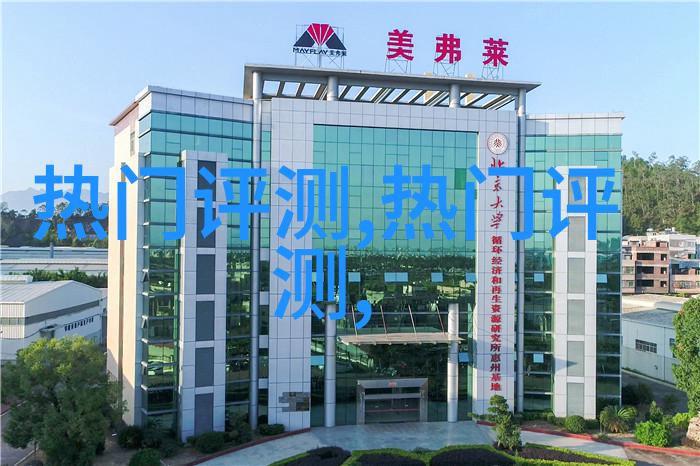Fast Fashion's Future: Sustainable Style Trends for a Greener Runway

Rise of Second-Hand and Vintage Clothing

The trend towards sustainable fashion has led to an increase in the popularity of second-hand and vintage clothing. This not only reduces waste but also promotes recycling and reusing existing garments. Many consumers are now opting for pre-owned or vintage items over fast fashion, as they offer unique styles that are often more durable than their mass-produced counterparts. Brands like ThredUp and Poshmark have made it easier for people to buy, sell, and trade gently used clothing online.

Sustainable Materials in Fashion Design

Designers are increasingly using eco-friendly materials in their creations to reduce the environmental impact of their products. These materials include organic cotton, recycled polyester, Tencel (lyocell), hemp, bamboo, and even pineapple leaf fibers! The use of these sustainable materials helps minimize carbon emissions during production while ensuring a softer impact on the planet.

Circular Business Models
To combat waste generated by fast fashion's "take-make-dispose" approach, some companies have adopted circular business models that encourage reuse and recycling instead of disposal at end-of-life stages. For example, H&M launched its Garment Collecting Initiative where customers can bring back old clothes from any brand to be recycled into new products such as rags or insulation material.
Digital Technologies in Sustainable Fashion
Digital technologies play an essential role in promoting sustainability within the fashion industry by enabling designers to create virtual prototypes before producing physical samples thus reducing waste caused by incorrect sizes or designs gone wrong . Moreover digital platforms allow customers to rent clothes rather than owning them outright thereby decreasing demand for new garments that contribute to pollution .
Educational Initiatives & Awareness Campaigns
Educating consumers about sustainable practices is crucial for driving change within the industry . Educational initiatives aim at raising awareness among both manufacturers & consumers alike , encouraging responsible consumption habits . Some brands partner with NGOs or educational institutions offering workshops on sustainable design techniques while others launch public campaigns highlighting eco-conscious choices available today .




